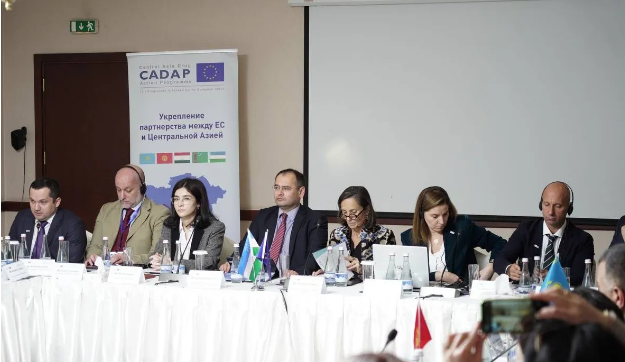In Tashkent, Uzbekistan, the capital played host to a pivotal meeting of the Regional Technical Committee of the European Union Drug Prevention Program in Central Asia (CADAP), an initiative aimed at fostering effective drug demand reduction policies in the region. The gathering included representatives from Central Asian countries, the European Union, and program experts, who deliberated on the outcomes of the anti-drug program in the area and outlined the forthcoming steps for successful implementation in 2024.

The focus of the meeting extended to the holistic development of evidence-based drug policies, emphasizing quality methods to reduce drug demand among vulnerable population segments. Currently in its seventh stage, the program boasts a budget of €6.8mn, indicative of its substantial commitment to combatting drug-related issues in Central Asia.
The multifaceted approach to tackling drug addiction in the region encompasses strengthened control over drug production and trade, increased accessibility to drug treatment programs, targeted preventive activities for youth, and public awareness campaigns highlighting the perils of drug use.
Recent statistics from Uzbekistan underline the significance of such endeavors, with customs officials in 2022 alone identifying 41 instances of illegal trafficking, preventing the movement of 109.3 kg of synthetic drugs. Notably, by May of the same year, the vigilant efforts of authorities successfully thwarted the illegal movement and trafficking of 103.3 kg of synthetic drugs across customs borders.
As Central Asia grapples with the complex challenge of drug addiction, collaborative initiatives like CADAP underscore the commitment to a comprehensive, region-wide strategy, blending preventative measures, treatment access, and awareness campaigns to address the multifaceted dimensions of this issue.
CADAP - Central Asia Drug - Action Programme.
Comments (0)